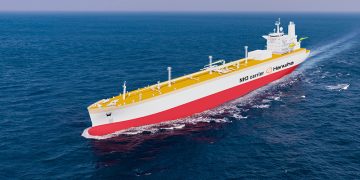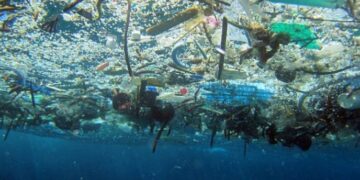The European Commission has approved the extension of the current Danish tonnage tax scheme to additional types of vessels. This aims to encourage ship registration in Europe and contribute to the global competitiveness of the sector without distorting competition.
Denmark will also change its existing scheme to make sure that it applies only to genuine maritime shipping activities by limiting revenues from non-core activities to an acceptable level.
Commissioner Margrethe Vestager stated:
Denmark’s revised tonnage tax scheme will help the shipping industry remain competitive on the global market. It will preserve jobs and promote high environmental standards in the maritime transport sector.
[smlsubform prepend=”GET THE SAFETY4SEA IN YOUR INBOX!” showname=false emailtxt=”” emailholder=”Enter your email address” showsubmit=true submittxt=”Submit” jsthanks=false thankyou=”Thank you for subscribing to our mailing list”]
Under tonnage tax schemes, maritime transport companies pay taxes based on the size of the shipping fleet, instead of their actual taxable profits. Such schemes can be approved by the Commission under EU State aid rules.
In May 2016, Denmark informed the Commission its plans to extend its existing tonnage tax scheme to cover guard vessels, vessels servicing off-shore installations and vessels for raising, repairing and dismantling windmills as well as pipeline and cable-laying vessels, ice management vessels and accommodation vessels.
The Commission decided that these vessels are involved in maritime activities that are subject to the same legal requirements and competitive conditions as maritime transport. Therefore, it approved the extension of the scheme to these vessels.
The decision also confirms that Denmark will change certain aspects of its current tonnage tax scheme to comply with the Commission’s existing interpretation of the Guidelines on State aid to maritime transport. In particular, Denmark will amend its tonnage tax rules as following:
- Ancillary services that are closely connected to shipping activities: These services will be subject to tonnage taxation only if they account for less than 50% of a ship’s total tonnage-taxed income, and
- Revenues from bare boat charter out activities (the leasing of ships without crew): The services will be subject to tonnage taxation if the beneficiary self-operates at least 50% of the tonnage tax fleet and that the vessel is not leased out for a period longer than three years.




























































